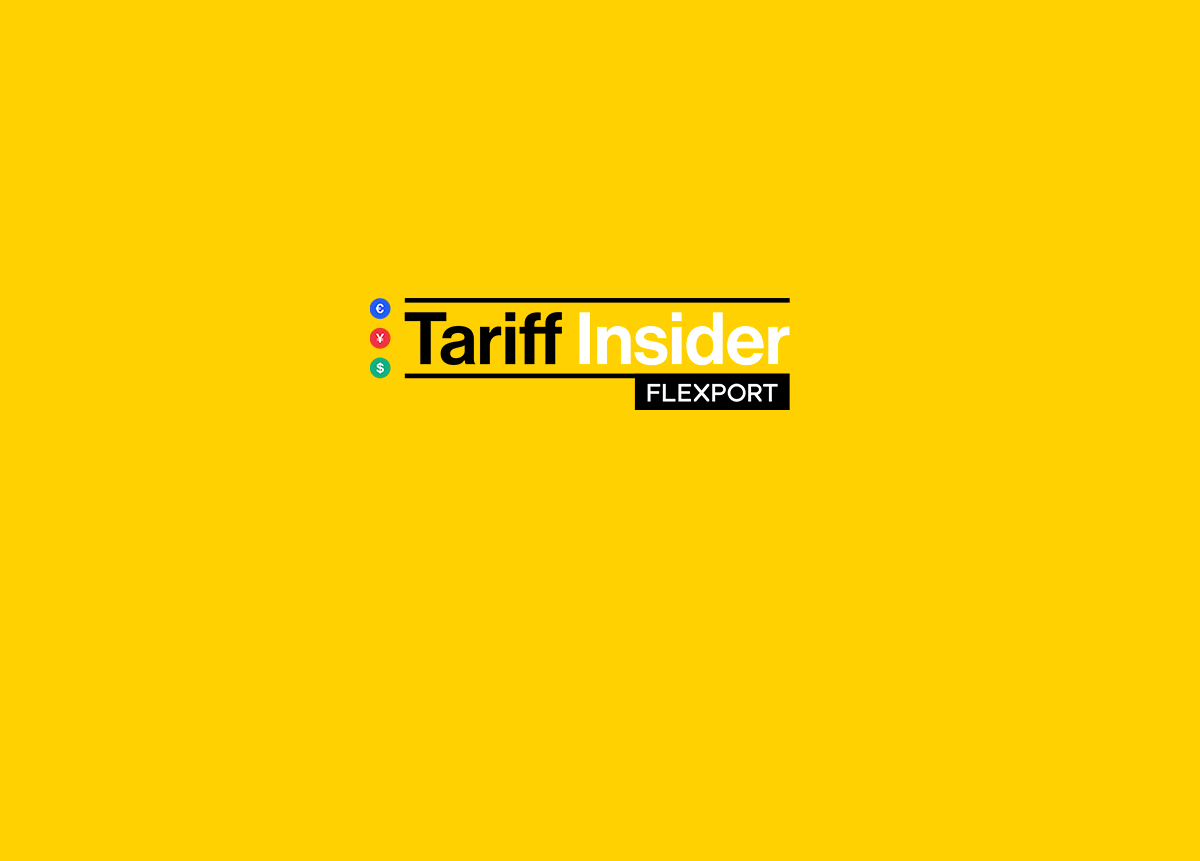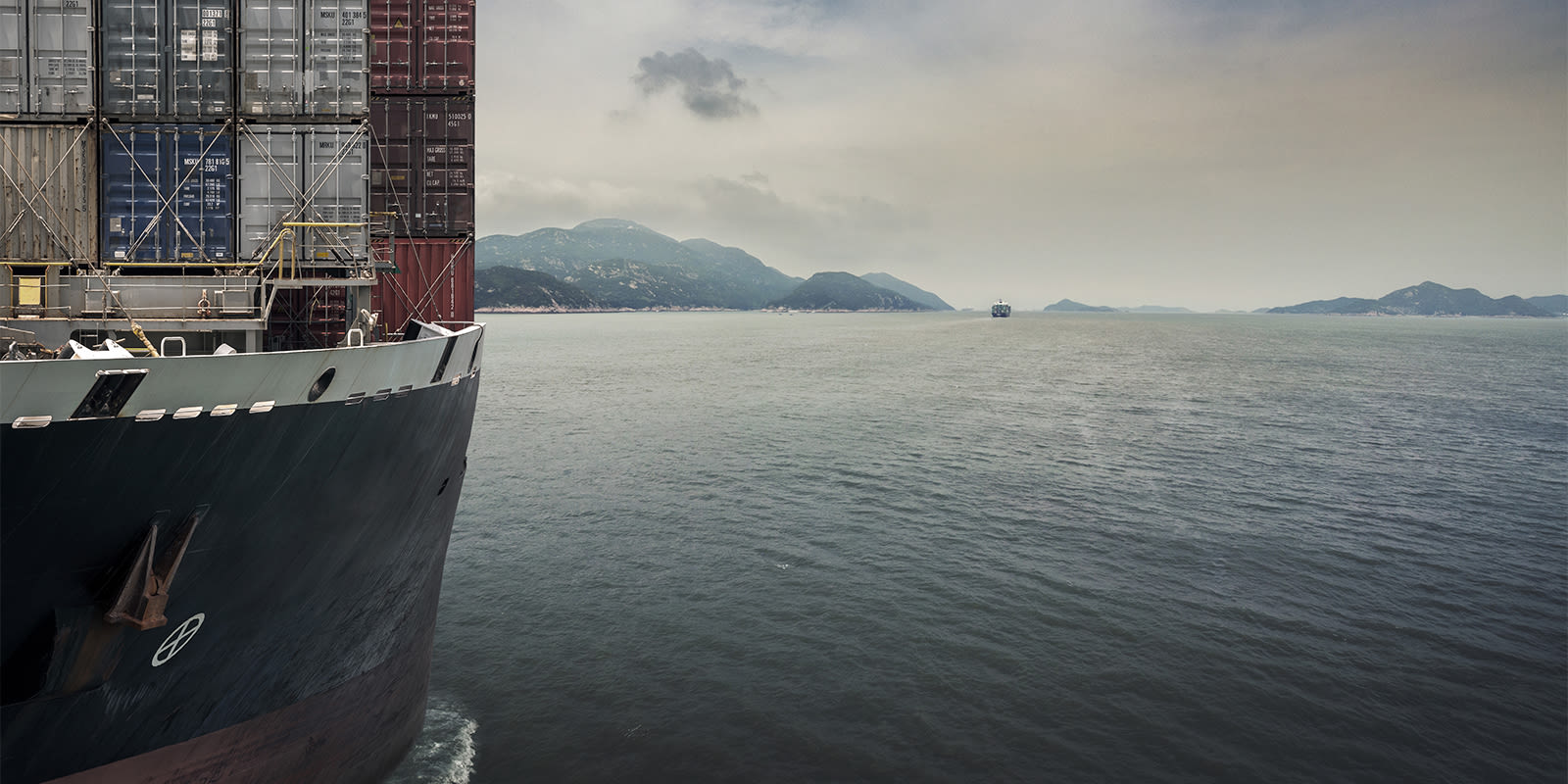
2018 年 12 月 15 日
Tariff Insider: December 14, 2018
Tags:
Tariff Insider: December 14, 2018

The Big News: U.S. and China Restart Trade Talks
The U.S. and China kicked off a new round of trade talks with a phone call between U.S. Trade Representative Robert Lighthizer, Treasury Secretary Steven Mnuchin and Chinese Vice Premier Liu He. People familiar with the conversation said that discussions centered around Chinese purchases of U.S. agricultural products and changes to fundamental economic policies.
Chinese officials are also said to be considering making changes to the Made in China 2025 plan, a policy that enables Chinese companies to dominate industries that include robotics and artificial intelligence. This state-led policy is one of the primary justifications Trump has used in explaining how China engages in unfair trade practices.
In related news, Meng Wanzhou, chief financial officer of China's largest privately held company, Huawei, was arrested in Canada at the request of the U.S. government. This is believed by some to be a strategic move by President Trump to gain leverage over China in the trade war, as many have cited the prospect of Chinese technological supremacy and potential I.P. misuse as part of the reasoning behind implementing tariffs.
Impact: Shippers
Shippers look to avoid tariffs: U.S. Customs and Border Protection found that shippers are circumventing tariffs for Chinese hardwood plywood by using Vietnam. Imports from China to Vietnam have risen 165.4%, signaling that this trend extends to other products as well, including steel and aluminum.
More companies move manufacturing out of China: Sportswear maker Under Armour plans to reduce the quantity of products it sources from China by 11%. According to the company's investors, Under Armour will shift production to Cambodia, Indonesia, Jordan, the Philippines and Vietnam. Similarly, GoPro announced that it's moving production for the U.S. market out of China by summer 2019, toymaker Funko will move 75% of it's manufacturing out of China by the end of 2019, and toymaker Hasbro will reduce Chinese production of its products by 10%.
Shippers brace for low capacity: Just as the January 1 tariff increase prompted companies to move up shipments over the past several months, many shippers expect reduced capacity in Q1 of 2019 as a result of the postponed tariff increase on $200 billion worth of Chinese goods. In fact, companies that typically carry six weeks of inventory have increased to six months in an attempt to avoid the full effects of tariff increases. This will likely strain over-the-road trucking, container drayage, and intermodal rail.
Impact: Industries
China rolling back auto tariffs: Bloomberg reports that China is close to reducing the trade-war tariffs on U.S.-made cars from 40% to 15%, which the country implemented in July in retaliation against Trump's tariffs on $34 billion in goods. For reference, in 2017 alone, the U.S. exported $10.2 billion in new and used passenger cars to China. According to the China Association of Automobile Manufacturers, November auto sales in China dropped 20% year-over-year. The tariff reduction proposal has been submitted to China's Cabinet, which is expected to review it in the coming days.
Maine lobster industry feeling the pinch: China's retaliatory tariff on live lobsters on July 6th dealt a significant blow to the Maine lobster industry. Maine and Massachusetts exported $8.1 million in live lobster to China in 2017; that number is expected to drop to $1 million this year. At the same time, Canada's shipments of live lobsters to China have doubled since the tariff went into effect.
Impact: Global Economy
WTO warns of trade war's negative impact: World Trade Organization (WTO) director-general Roberto Azevedo warned that further escalation of trade restrictive measures carries potentially large risks for global trade, "with knock-on effects for economic growth, jobs and consumer prices around the world." The WTO reduced its outlook for global commerce while warning that tension between major trading partners threatens economic growth. Azevedo urged WTO members to de-escalate the situation using all means at their disposal. The "outcome in all simulations is that trade and economic growth will slow down and that all countries, without exceptions, will lose out in a global trade war."
Want to get more news and insights about the evolving shipping and logistics landscape? Sign up for Flexport's Weekly Market Update**. And check back here next week for an updated round-up of recent tariff coverage. **
About the Author



